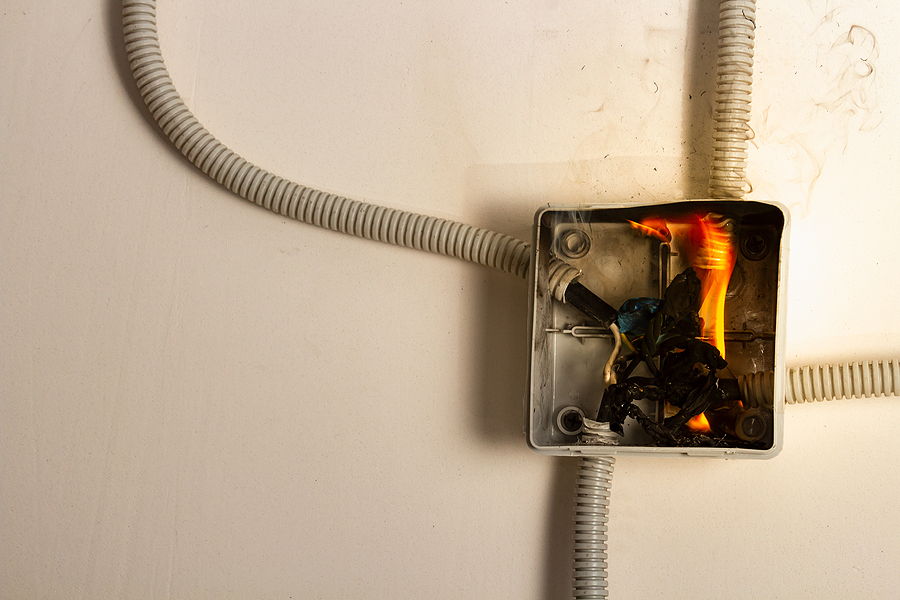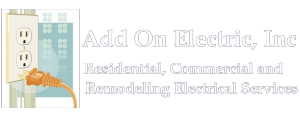DIY Electrical Jobs Are Highly Risky – Here is Why

Look, I get it. For all those DIY enthusiasts out there, hiring an electrician may seem unnecessary. You think, “A little circuit upgrade, a blown socket repair – I got this!” But beware, my friends, there’s a reason electricians exist. DIYing your electrical projects? Not always the best idea, and here’s why.
In essence, electricity can be a beast. Mucking about with it can invite disasters. Quite literally, it’s playing with fire. One wrong move? Bam! You’re on the receiving end of a nasty shock, or worse. And there’s more to consider.
I’ve heard folks say, “It’s just a tiny job, what’s the worst that can happen?” Well, quite a bit, actually. Skipping the pros may not just mean risking your own hide, but also compromising your home insurance. Did you know that? Or any warranties on your lovely tech toys. And believe me, that’s just the tip of the iceberg. There’s a whole slew of other potentially terrible outcomes that can arise from DIY electrical shenanigans.
You Could Set Your House on Fire
Fire. Yes, you heard me right. Your home, in flames. Terrifying, isn’t it? Picture this: you misjudge a circuit, overload it. Your lovely home, the one you’ve worked so hard for, up in smoke. Faulty connections, the wrong wire gauge, or just plain novice mistakes can lead to circuit overheating, sparks, even a full-blown fire.
Too often, us DIY folks jump headlong into projects without fully considering our home’s electrical capacity. You think, “I’ll just add this or that, it’ll work!” And sure, your new additions might run smoothly…for now. But they pile on extra pressure on the system. It may be fine today, but down the line, or after one too many upgrades, the strain may reveal its ugly face.
So, think twice, maybe thrice, before you dive into your next DIY electrical job. It’s not just about saving some cash, it’s about playing it safe.
Code Violations that Make Your Home Hard to Resell
And let’s talk about code violations – oh boy, those can be a nightmare! Unlike pros, DIYers don’t usually consider local building and contracting rules. Some even dodge them intentionally to save money. You think, “Who’s going to check, right?” And sure, you might get away with it and live happily, provided your DIY tricks don’t end in a fire.
You’re probably thinking, “I’m not planning to sell, so why worry?” True, but what if you change your mind down the line? Get a realtor involved and it gets tricky. Home inspectors can spot faulty wiring from a mile away. Imagine potential buyers walking away because your DIY upgrades don’t meet local regulations. Believe me, no one wants a house that doesn’t comply with the latest codes.
Future Projects Might Be Harder to Handle
Imagine this: you’re planning your next DIY project, and you’ve hit a roadblock. Why? Here’s a possibility: past DIY missteps are making things tougher now. Professional electricians abide by a strict code of standards when installing or repairing systems. It’s not just to keep things safe and sound. It’s also to ensure that any future work on the system is a breeze.
Take something as simple as wiring a cooker power source. Using the correct wire gauge today can make a world of difference tomorrow. The next electrician who wants to tap into that circuit to power an electric oven can work confidently, knowing everything is up to par.
In contrast, DIYers may take shortcuts to save money, using inferior wiring or even incorrectly rated circuit breakers. It can lead to a messy situation later on, creating problems for future electricians. They might be left scratching their heads, facing potentially disastrous failures or even fires from what seem like harmless improvements.
This may not necessarily mean a spectacular explosion or shocking electrocution. Still, it could seriously dent your wallet if you need to overhaul the entire system.
So, reaching out to experts, like the team at Add On Electric, for major repairs or upgrades isn’t just smart; it’s safe too. Yes, it might cost you a bit more initially, but it brings peace of mind knowing your home is secure for you and your family. Plus, any future upgrades will be smooth sailing, no need to pay extra for a pro to decipher your DIY modifications from yesteryear.
